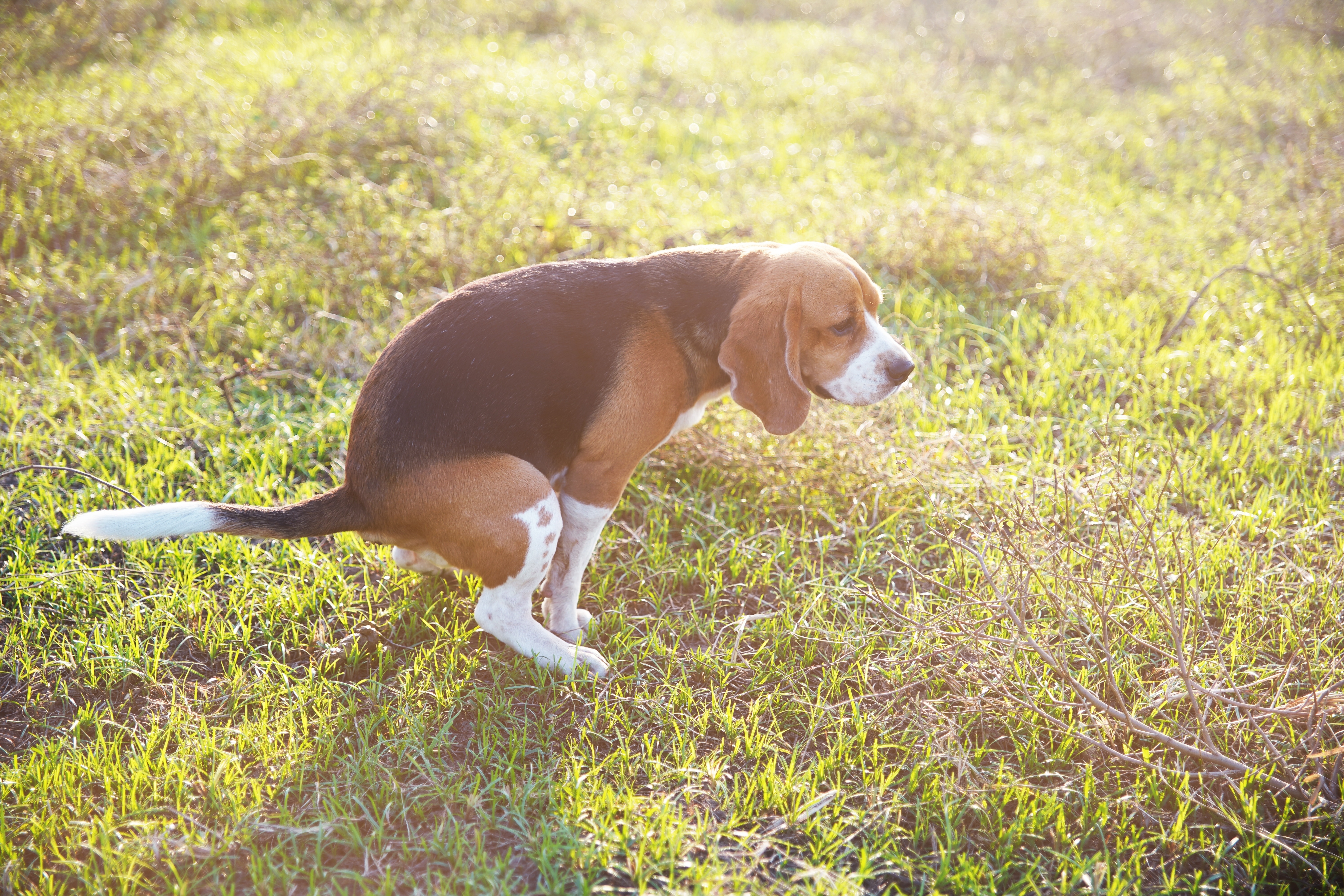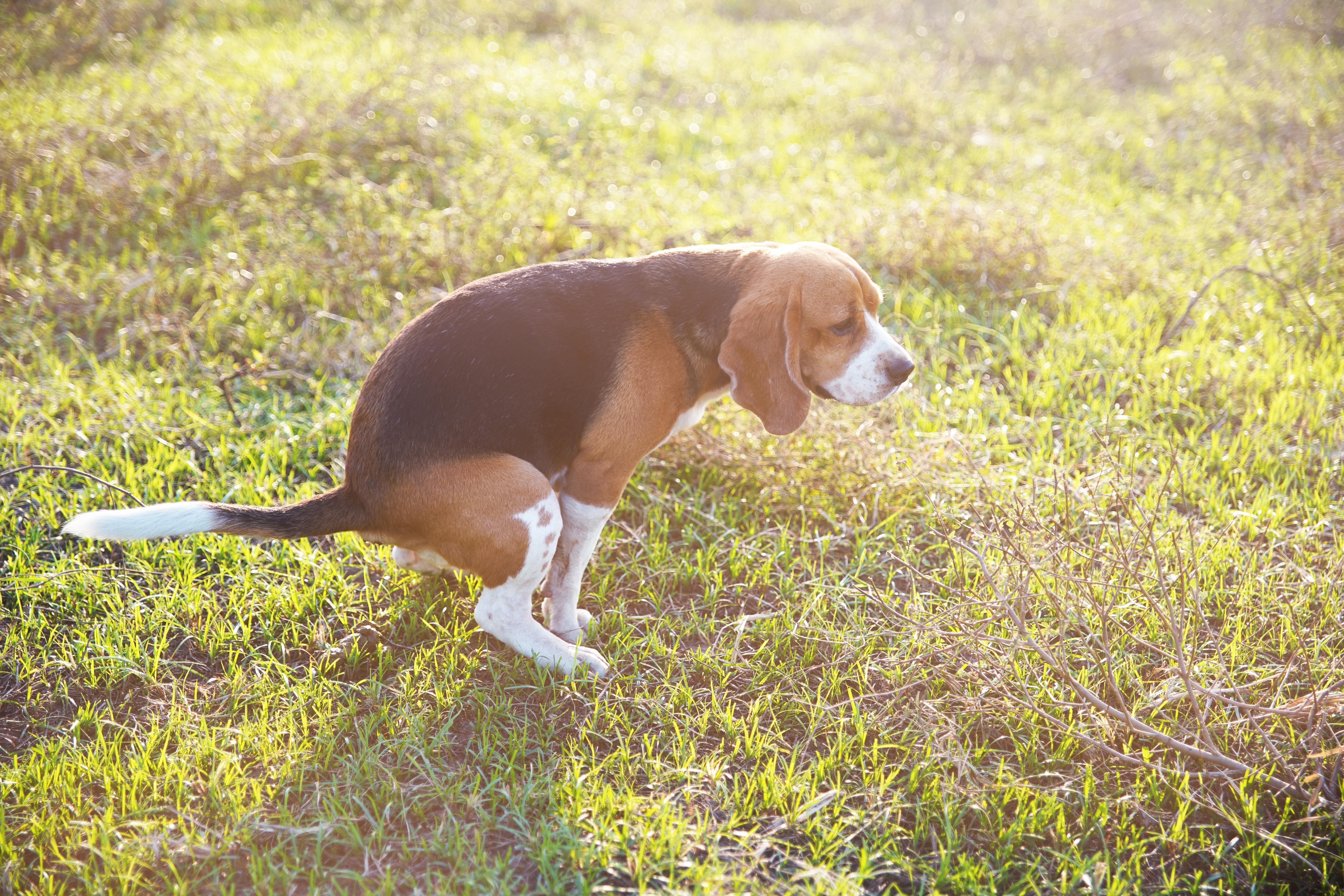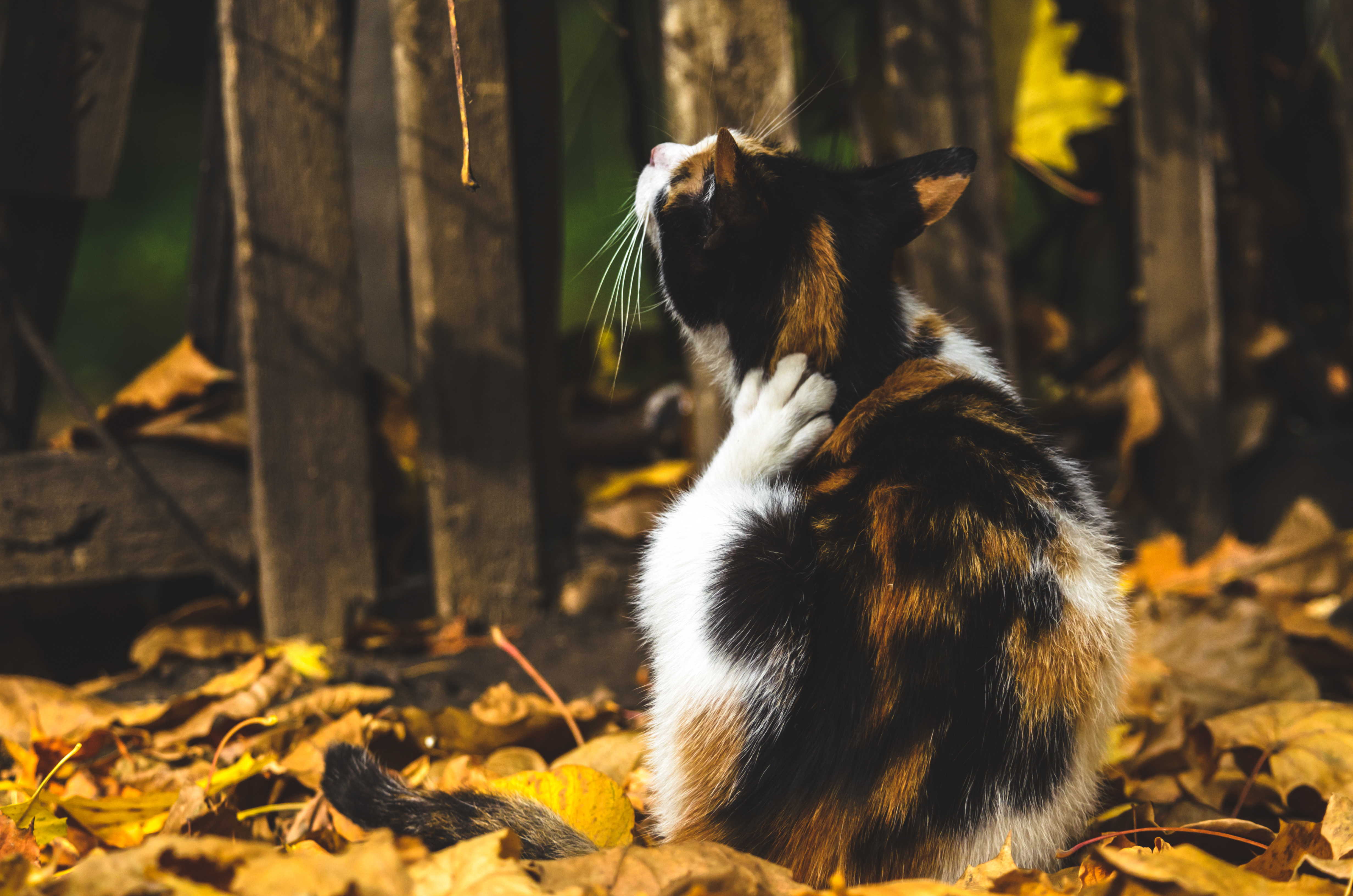Digestive troubles are among the most common concerns pet owners face. It’s messy, stressful, and can leave your furry friend feeling uncomfortable. While not always a reason for alarm, understanding the potential causes and learning how to address them can make a world of difference—for both you and your pet.
Common Causes of Digestive Upsets
Several factors can trigger stomach trouble in pets:
- Diet changes: Have you recently switched your pet’s food? A sudden change, even to a high-quality diet, can upset their stomach because their digestive system needs time to adjust.
- Ingesting harmful items: Pets are naturally curious and might eat something they shouldn’t, like spoiled food, garbage, or even non-food items like toys or plants. These can irritate their stomachs and lead to diarrhea.
- Parasites: Worms and protozoa are common culprits, especially in pets who haven’t been regularly dewormed or spend a lot of time outdoors. Parasites can cause inflammation and disrupt digestion.
- Stress: Just like humans, pets can get an upset stomach from stress. Moving to a new home, introducing a new pet, or even loud noises can trigger diarrhea.
- Underlying health issues: Food allergies, chronic illnesses, or infections (bacterial or viral) can also result in digestive problems. If your pet experiences frequent diarrhea, it might be worth discussing with your vet to rule out any long-term health concerns.
How to Help Your Pet
If your pet is struggling with loose stools and diarrhea, don’t panic—there are steps you can take to help them recover.
- Assess the situation
First, check how your pet is acting. If they’re still active, playful, and drinking water, the problem may be mild and manageable at home. However, if they’re lethargic, vomiting, or showing signs of discomfort, it’s best to consult a vet. - Support your pet’s recovery
- Hydration is crucial: Loose stools and diarrhea can lead to dehydration, so ensure your pet has access to fresh water at all times. If they’re not drinking enough, consider offering a pet-safe electrolyte solution.
- Temporary fasting: For mild cases, withholding food for 12–24 hours can give their digestive system a chance to rest and recover. However, avoid fasting for very young, old, or small pets, as they need more frequent nutrition. Always consult your vet if you’re unsure.
Products that can help managing your pet’s digestive upsets
When your pet needs extra help, these products can be lifesavers:
- Panzym: This natural enzyme supplement works wonders for pets with sensitive stomachs. It aids digestion by breaking down food more efficiently and promoting overall gut health. Perfect for pets with recurring digestive issues or food sensitivities.
- Enteromicro Complex: A probiotic that restores the balance of healthy gut bacteria. It’s especially helpful if your pet’s problems are caused by stress, a change in diet, or antibiotic use. By supporting beneficial bacteria, Enteromicro helps calm the stomach and promote firmer stools.
- DiaTab: A chewable tablet designed for quick relief. It firms up loose stools and soothes inflammation in the intestines, making it a go-to option for sudden or short-term episodes. Plus, pets tend to love its taste, making administration easy.
Be sure to contact your vet if:
- Digestive problem lasts for more than 24–48 hours.
- Your pet shows signs of dehydration, such as sunken eyes, dry gums, or skin that doesn’t snap back when pinched.
- You notice blood in the stool or if it’s black and tarry.
- Your pet is also vomiting, unusually tired, or refusing to eat.
Remember, diarrhea can sometimes be a symptom of a more serious underlying condition. If you’re ever in doubt, it’s always safer to check with your vet.
Preventing Future Episodes
There are steps you can take to reduce the chances of it happening again:
- Feed a consistent diet: Pets thrive on routine, so avoid switching their food suddenly. If you do need to make a change, introduce the new food gradually over 7–10 days.
- Limit table scraps: Human foods can be too rich or fatty for pets and may upset their stomachs. Stick to pet-safe treats instead.
- Keep harmful items out of reach: Ensure your pet can’t access trash, toxic plants, or other potential hazards.
- Regular parasite prevention: Keep your pet on a regular deworming and flea prevention schedule to avoid parasite-related issues.
- Routine vet visits: Regular check-ups can catch potential problems early, including food allergies or chronic conditions.
Digestive issues are never fun, but they’re a common part of pet care that can often be resolved with a little patience and the right approach. Products like Panzym, Enteromicro, and DiaTab can help provide relief and support your pet’s recovery.
Remember, most tummy troubles clear up with proper care and attention. However, if symptoms persist or worsen, don’t hesitate to consult your veterinarian. Your pet relies on you for their well-being—let’s ensure their discomfort is short-lived and their tail keeps wagging!
 Global English
Global English

 Danmark
Danmark
 Deutschland
Deutschland
 Nederland
Nederland
 België (NL)
België (NL)
 Norge
Norge
 Sverige
Sverige



